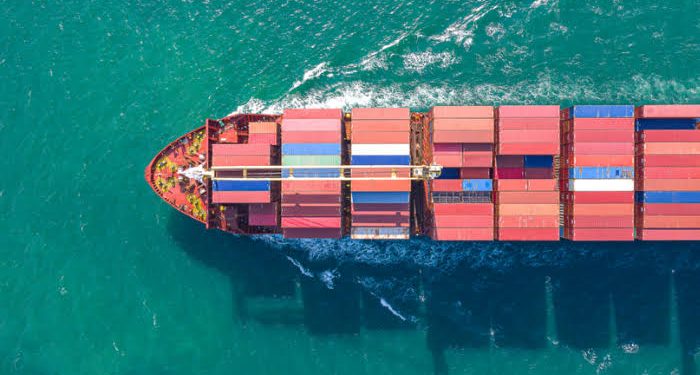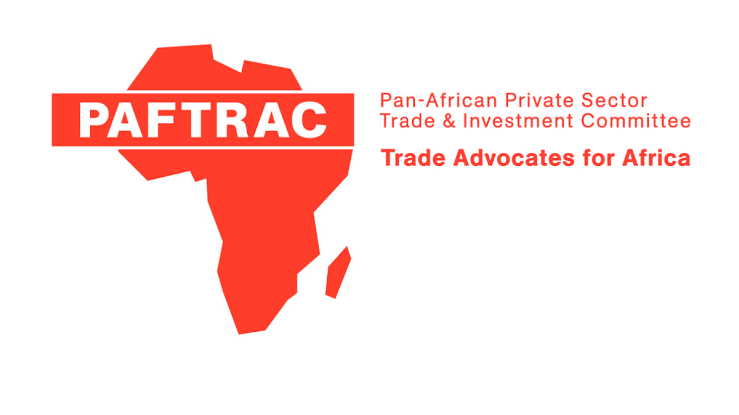In a move that further cements their breakaway from the Economic Community of West African States (ECOWAS), Mali, Burkina Faso, and Niger have introduced a 0.5 per cent levy on imported goods, a decision that could deepen the region’s trade woes. Experts warn that the new tariff will hurt intra-regional trade, already struggling at a low 14 per cent, and deal another setback to the sluggish African Continental Free Trade Agreement (AfCFTA).
While the impact on absolute trade volumes remains uncertain, analysts believe the levy could reverse Nigeria’s documented trade growth with its neighbors, which saw a significant increase last year. Beyond the region, concerns are growing about Africa’s vulnerability to global tariff wars, with experts urging stronger regional cooperation to avoid further economic marginalization.
The levy, effective immediately, applies to all goods imported into the three Sahel nations and is intended to fund their newly formed economic and security bloc, the Alliance of Sahel States (AES). The alliance, originally a security pact launched in 2023, is evolving into an economic union, with plans for deeper integration, including a shared biometric passport system.
Although none of these Sahel nations ranks among Nigeria’s top ten African trade partners, Nigeria’s trade with the region has been on the rise. Imports from ECOWAS countries surged from N164 billion to N600 billion last year, while exports climbed from N2.24 trillion to N5.28 trillion. However, trade with Niger and Benin remains minimal compared to Nigeria’s trade with South Africa.
The new tariff threatens to disrupt trade trends, with some experts seeing it as the final blow to the already weakened ECOWAS protocol. Dr. Muda Yusuf, CEO of the Centre for the Promotion of Private Enterprise, argues that while formal trade may take a hit, informal cross-border trade—often undocumented—will persist. He points to long-standing non-tariff barriers, such as transit levies imposed by Benin and Togo, as greater obstacles to trade than the Sahel states’ new tariff.
Meanwhile, Dr. Madu Obiora, Director-General of the African Centre for Supply Chain, says the move was expected since the three countries are no longer bound by ECOWAS treaties. He warns that if the trend continues, the affected states may seek economic partnerships outside ECOWAS and Africa, further straining regional integration efforts.
Obiora also notes that the situation poses a security risk, as deteriorating trade relations could worsen existing tensions in the region. He warns that Nigeria and other ECOWAS nations may respond with counter-tariffs, raising the cost of cross-border trade, while Sahel states could explore alternative trade routes, bypassing traditional West African trade hubs like Togo.
With Africa already lagging behind other continents in intra-regional trade, the latest developments raise fresh concerns about the continent’s economic cohesion. Instead of breaking down trade barriers, new ones are being erected, threatening to push regional trade numbers even lower.










